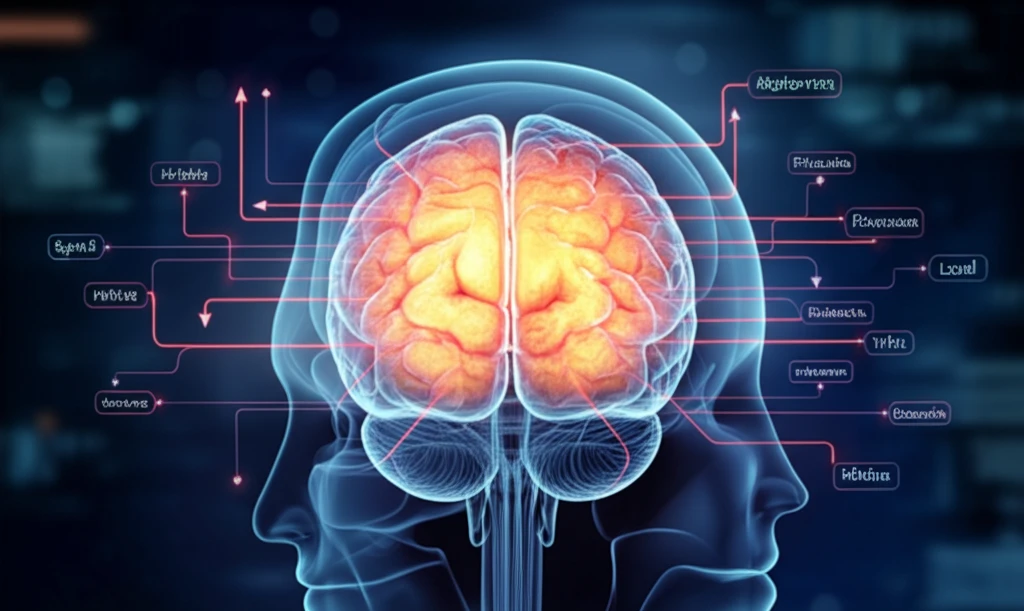
Decoding the Diabetes-Alzheimer's Connection: A Guide to Prevention and Brain Health
"Unraveling the Link Between Type 2 Diabetes and Alzheimer's: Actionable Steps to Protect Your Cognitive Future"
In our modern world, neurological and psychiatric disorders affect millions, often blurring the lines between mind and body. Conditions like Alzheimer's, Parkinson's, and Huntington's disease, along with mood disorders, can stem from various causes including genetics, trauma, and autoimmune factors. What's increasingly clear is that these conditions rarely exist in isolation; they often involve a complex interplay of neuropsychiatric components.
For example, Alzheimer's patients experience not only memory loss and dementia, but also personality changes and depression. Parkinson's disease extends beyond physical tremors to include memory problems and depression. Huntington's disease, driven by a genetic mutation, leads to both uncontrollable movements and cognitive decline. At the cellular level, these neurodegenerative diseases share a common hallmark: the buildup of misfolded proteins such as amyloid-beta, tau, and alpha-synuclein. These proteins trigger pathways leading to mitochondrial dysfunction, oxidative stress, and ultimately, neuronal dysfunction and cell death.
Emerging research highlights a concerning link between these neurological disorders and metabolic processes, specifically imbalances in energy metabolism, enzyme activities, and hormone regulation. This is where the connection between Alzheimer's disease and Type 2 Diabetes (T2DM) becomes particularly relevant. The interplay between these two seemingly distinct conditions is now a major focus of scientific investigation.
The Intertwined Paths of Diabetes and Alzheimer's

Type 2 diabetes mellitus (T2DM) is characterized by insulin resistance and impaired glucose regulation. This occurs when the body's cells become less responsive to insulin, a hormone crucial for transferring glucose from the blood into cells for energy. As a result, blood sugar levels remain elevated, leading to a cascade of metabolic problems. Recent studies have revealed that many of the destructive processes seen in T2DM are also present in the brains of individuals with neurodegenerative diseases, most notably Alzheimer's.
- Insulin Resistance in the Brain: Alzheimer's patients often exhibit insulin resistance specifically within brain cells, impairing their ability to use glucose for energy.
- Amyloid-Beta and Insulin: Amyloid-beta, the hallmark protein of Alzheimer's plaques, can disrupt insulin signaling in the liver, potentially exacerbating insulin resistance.
- Inflammation: Both Alzheimer's and T2DM involve chronic inflammation, which damages cells and contributes to disease progression.
- Mitochondrial Dysfunction: Impaired mitochondrial function is a key feature of both conditions, leading to reduced energy production and increased oxidative stress.
A Future of Integrated Health Strategies
The growing understanding of the molecular links between T2DM and Alzheimer's offers hope for new therapeutic interventions. By targeting common pathways such as insulin signaling, inflammation, and mitochondrial function, researchers aim to develop strategies that protect both metabolic and cognitive health. Focusing on preventative measures, such as diet and exercise, will be crucial in combating the rising tide of both diseases and promoting healthier aging.
